6-year secondary education to be piloted in 2023: What you don’t know yet
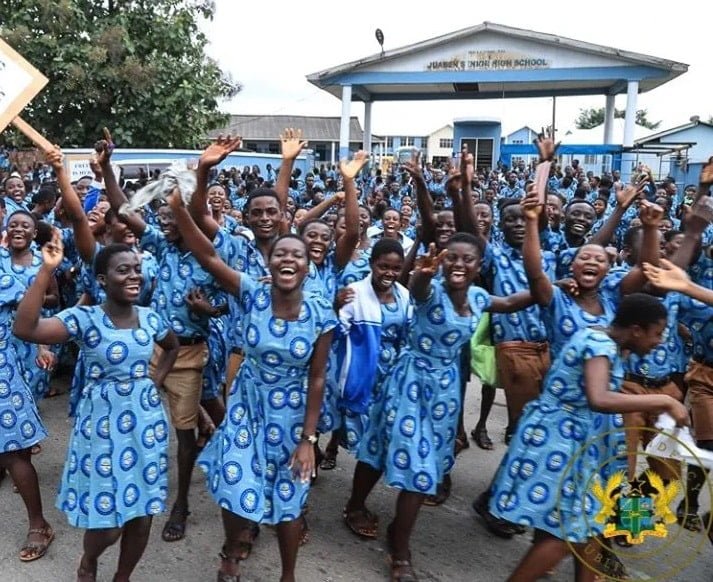
Managers and policymakers in Ghana’s education sector intend to roll out the new 6-year secondary education in 2023. Per the current education system which.
The 6-Year Secondary Proposal related to making secondary education 6 years (JHS to SHS) combined as SHS and not to keep students at the Basic school for another 3 years after basic 6. Do well to read our article Details of The New 6-Year Secondary Education Proposal Drops: Get informed” as it provides valuable insight into what is to come.
When rolled out what is expected to happen?
- There will no longer be JHS
- The basic school will end at Basic 6
- The students who graduate from basic school will study in a secondary school for six years before writing their final exam toward tertiary education.
The 6-year secondary education to be piloted in 2023
The reintroduction of the 6-year secondary education system will see the curriculum changed again to reflect the new system.
The new 6-year secondary education system will see to the scrapping of boarding school expenses of government, thus turning all secondary education into day schools.
One of the major cost elements of Ghanaians Free SHS is the financing of boarding costs and its associated feeding expenses among others. The world over, no country funds the public boarding cost component of education. This is a clear sign that Ghana’s decision to fund the boarding component of the Free SHS is a wasteful adventure that needs to be scrapped. This will free essentially needed financial resources for further expansion of infrastructure at the basic and secondary education levels.
This move is part of strategic education reform plans to ensure Ghana’s Secondary Education System reverts to match that of other countries such as Nigeria, which has a 6-year secondary education system.
The reforms of the 1980s that changed Ghana’s education landscape to date
The Reforms of the 1980s with the assistance of several development partners (World Bank, Department for International Development (ODA), and international grants) the education system was reviewed and proposals were implemented in 1987. The new reform led to the 6-3-4-4 education which has seen further variations and led to secondary education moving from four years to three years to now two and a half years.
The objectives of the implemented actions were to
- Increase access to basic education
- Shorten the pre-university education structure from 17 years to 12 years.
- Make education cost-effective
- Improve the quality of education by making it more effective for socio-economic conditions
The Junior Secondary School structure was put in place on a nationwide basis. Now, 6 years of primary education and 3 years of junior secondary school were a standard 9 years of free and compulsory basic education back then.
The reforms saw further changes from hours spent at school to educational resources such as infrastructure of class blocks and libraries, school supplies, and technical skills equipment
Although the reforms helped to solve some of the problems, the results achieved by students at the primary school level were low. The government then embarked on the BESIP/FCUBE (Basic Education Sector Improvement –or more popular- the Free Compulsory, Universal, Basic Education Program) program, which was aimed at providing every child of school-going age with good basic education.
Ghana is in the Free SHS era however, the 6-year secondary education to be piloted in 2023 will give modern Ghana a better understanding of the challenges of the new system and provide useful learning curve experiences for full-scale implementation.


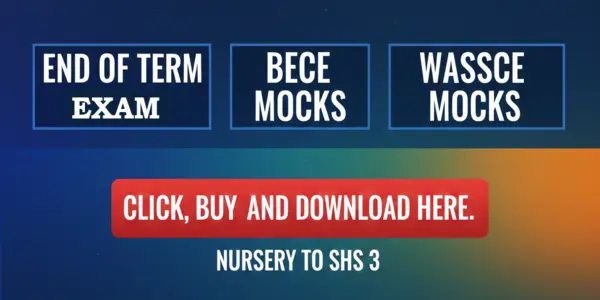
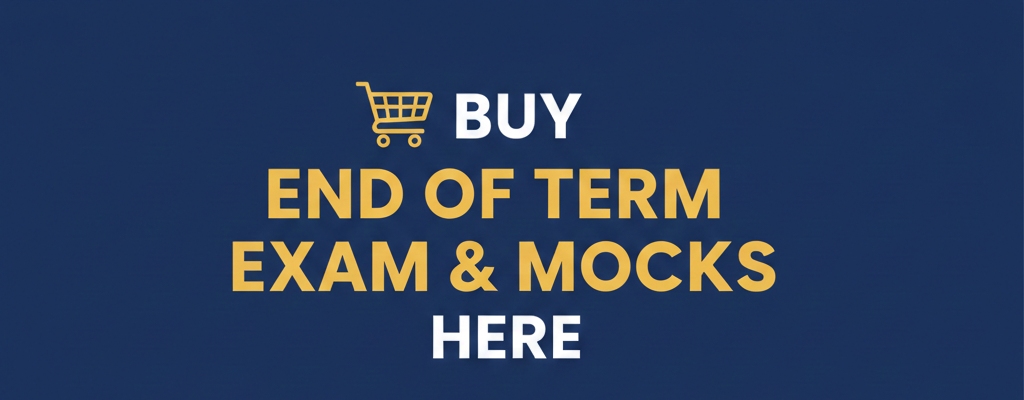
 Terrorist Attack Ghanaian Tomato Traders in Burkina Faso
Terrorist Attack Ghanaian Tomato Traders in Burkina Faso 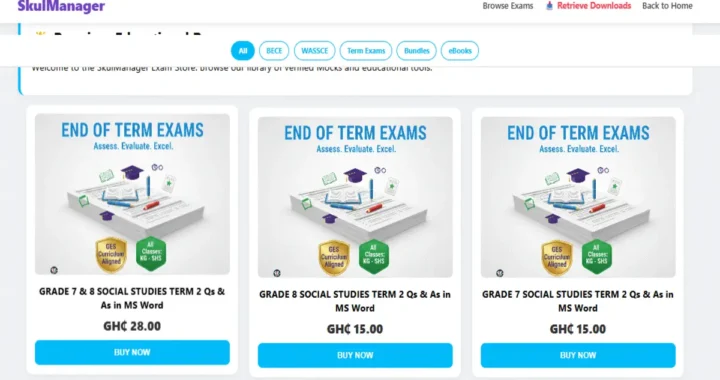 New Term 2 End of Term Question: Nursery to Grade 8 Exam Packs (2026)
New Term 2 End of Term Question: Nursery to Grade 8 Exam Packs (2026)  Why MTN Ghana’s Ghs399 Bundle is the Best Data Deal in 2026
Why MTN Ghana’s Ghs399 Bundle is the Best Data Deal in 2026 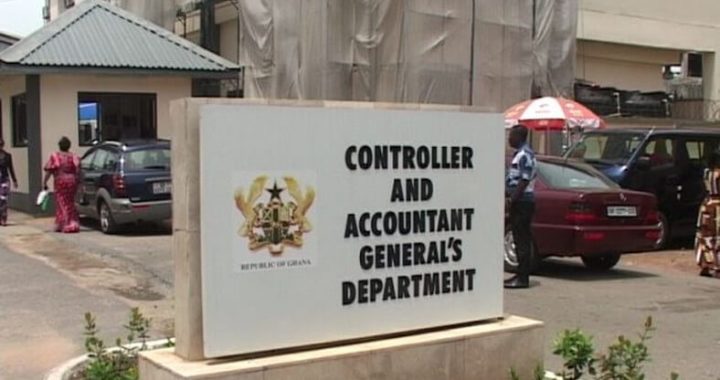 CAGD Salary Suspension 2026: Deadlines and Actions for Affected Staff
CAGD Salary Suspension 2026: Deadlines and Actions for Affected Staff